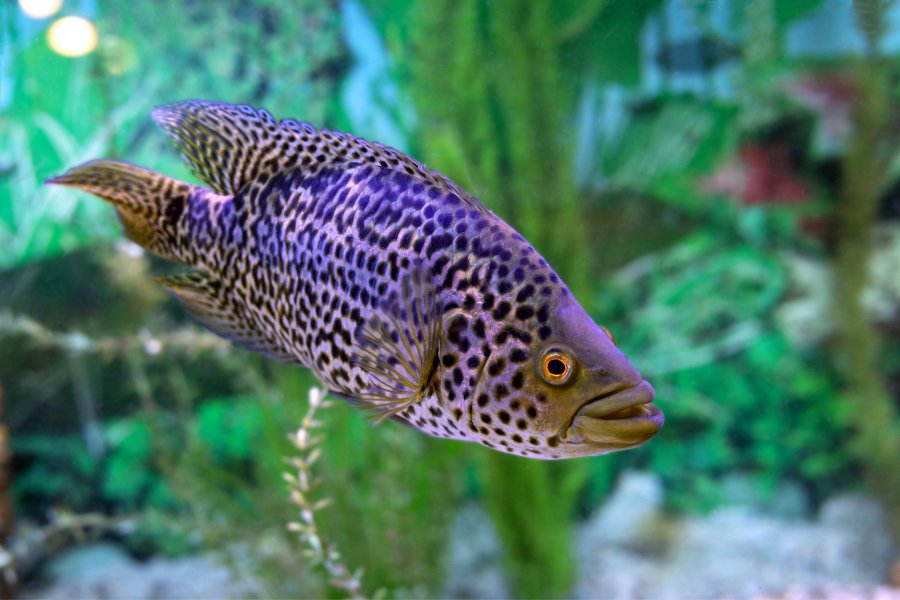Yes, axolotls can eat pellets. Axolotls can consume pellet food as part of their diet.
Axolotls are fascinating aquatic creatures known for their regenerative abilities and unique physical features. These salamanders, native to Mexico, require a balanced diet to thrive in captivity. One common question among axolotl owners is whether they can eat pellets. We will explore whether axolotls can consume pellets as part of their diet, discuss the benefits of pellets, and provide some tips for feeding axolotls with pellets.
Understanding the dietary needs of axolotls and providing them with appropriate nutrition is vital for their overall health and well-being. So, let’s delve into the topic of whether axolotls can eat pellets and how to incorporate them into their diet effectively.
Understanding The Natural Diet Of Axolotls
Axolotls, unique amphibians native to Mexico, have a specific natural diet comprising small aquatic prey. They inhabit lakes and feed on worms, larvae, small fish, and crustaceans. As axolotls have specific nutritional requirements, it is crucial to replicate their natural diet in captivity.
Offering them a balanced diet is vital for their overall health and well-being. Pellets specially formulated for axolotls can provide the necessary nutrients and make up a significant portion of their diet. These pellets are designed to meet their dietary needs and are often enriched with vitamins and minerals.
However, it is important to supplement their diet with live or frozen food to mimic their natural diet as closely as possible. By understanding and meeting the nutritional requirements of axolotls, we can ensure their longevity and thriving in captivity.
Can Axolotls Eat Pellets? Debunking The Myth
Axolotls, the fascinating amphibians, have a unique dietary requirement. Pellets can be a suitable option for their feeding needs. However, it is important to weigh the pros and cons. Pellets offer convenience and balanced nutrition for axolotls. On the flip side, there are potential health risks associated with excessive pellet consumption.
These risks include digestive issues, obesity, and nutrient deficiencies. Assessing the quality and ingredients of the pellets is crucial. It is recommended to use high-quality, species-specific pellets and to moderate the amount given to axolotls. Maintaining a diverse diet with live or frozen foods is also essential.
By striking a balance between pellets and other food options, axolotls can thrive and maintain optimal health. So, while pellets can be a part of an axolotl’s diet, they should not be the sole source of nutrition.
Alternatives To Pellets For A Balanced Axolotl Diet
Axolotls can eat pellets, but there are alternatives to ensure a balanced diet. Live food options, such as brine shrimp and bloodworms, are excellent choices. Incorporating frozen foods into their feeding routine is also beneficial. It provides variety and ensures they receive essential nutrients.
Additionally, homemade recipes and natural supplements can enhance their diet. For instance, you can make gel food using high-quality ingredients. This homemade option guarantees a nutritious meal for your axolotl. Natural supplements like calcium powder can be added to promote healthy bone development.
Remember to mix up their diet and offer a combination of live, frozen, and homemade foods. This approach ensures your axolotl receives the necessary nutrients for a healthy and balanced diet.

Credit: www.acaquarium.com
Conclusion
It is evident that pellets can be a suitable food option for axolotls given the proper precautions and considerations. Axolotls are primarily carnivorous, but they can adapt to eating commercial pellets as part of a balanced diet. It is essential to choose high-quality pellets specifically designed for axolotls that are low in fillers and have a high protein content.
Additionally, pellets should be supplemented with live or frozen foods to ensure that the axolotls receive all the necessary nutrients. Feeding axolotls pellets can provide convenience and reduce the risk of introducing harmful bacteria or parasites into their environment. However, it is crucial to monitor their behavior, growth, and overall health to ensure that the pellets are being well-received and properly digested.
By following these guidelines and regularly monitoring the axolotl’s well-being, one can confidently incorporate pellets into their diet and provide them with a nutritious and varied meal plan.
